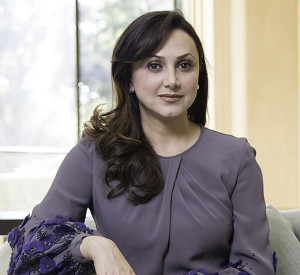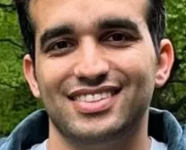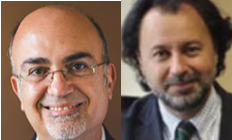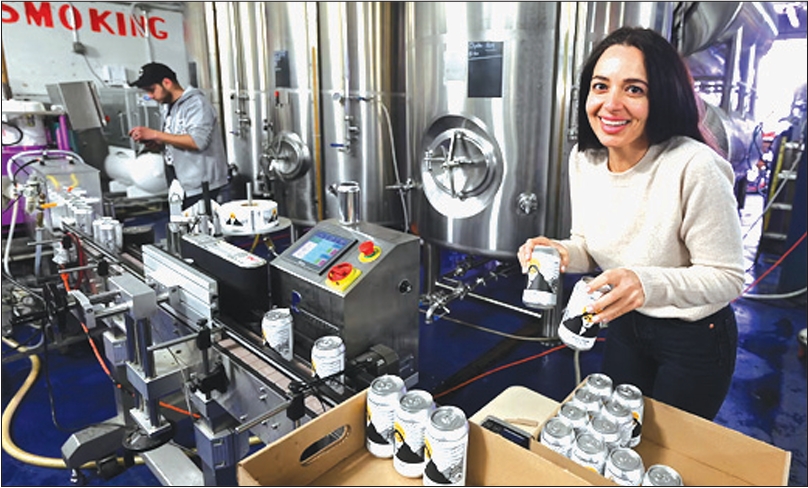
Iranian-American philanthropist Bita Daryabari has made a $1.5 million gift to the University of California at Davis to expand the university’s Persian studies program.
The gift will establish the Bita Daryabari Presidential Chair in Persian Language and Literature to advance global understanding of Persian language and culture. The chair position will be awarded to an Iranian studies scholar whose research and teaching will focus on these areas. Funds will also support a colloquium on Iranian culture.
The UC Office of the President will provide a $500,000 matching fund, which will bring the total funding for the Presidential Chair in Persian Language and Literature to $2 million.
The university is located in the city of Davis just to the west of the state capital of Sacramento.
Daryabari previously supported a visiting lecturer in Iranian and Persian studies in the Middle East/South Asia Studies Program at UC Davis. Her vision is to help the program expand into an established Iranian studies major.
“I want this gift to bring insight to Iranian culture and literature,” Daryabari said. “Persia is known for its poets and poetry, and so much more. Similar to what I have done at Stanford and at Cambridge, I wanted to support a program at UC Davis that shows the real role of Iranian studies and Persian literature and poetry, and a real appreciation of Iranian culture.”
UC Davis is one of three universities in the world to receive a gift from Daryabari earmarked for Persian studies. In 2008 she created the Bita Daryabari Endowment in Persian Letters at Stanford University. In 2013, she gave a $2 million endowment for the Shahnameh Project at Pembroke College in Cambridge, England, for further study of the “Shahnameh” written by Abul-Qasim Hasan Ferdowsi — the emblematic text of Persian historical culture.
Daryabari, the former wife of Google executive Omid Kordestani, holds a bachelor’s degree in computer science and a master’s degree in telecommunication management from Golden Gate University. She founded Pars Equality Center in 2010 to support the full integration of people of Persian origin in the United States and advocate for their perspectives in American society.
























